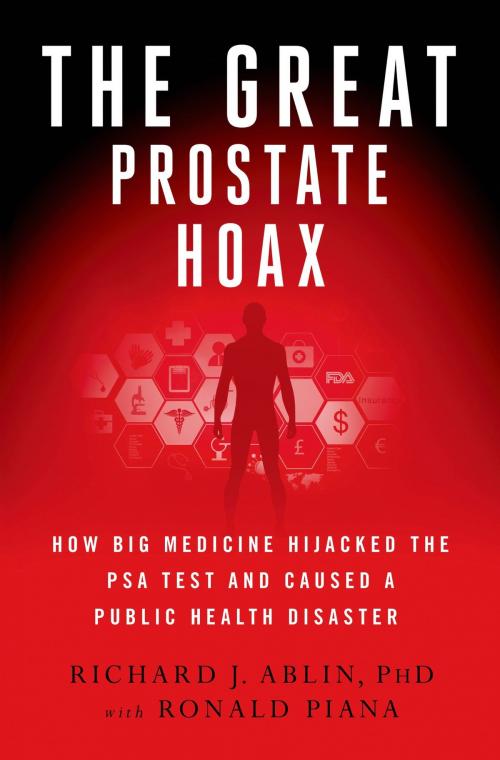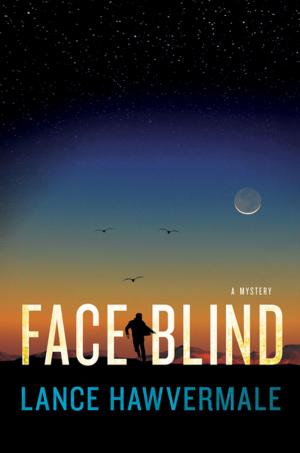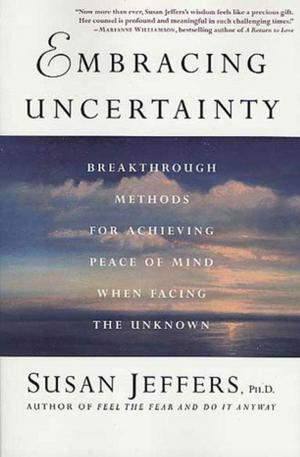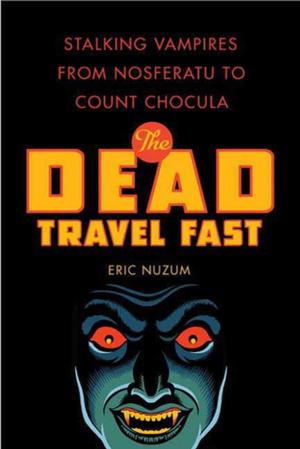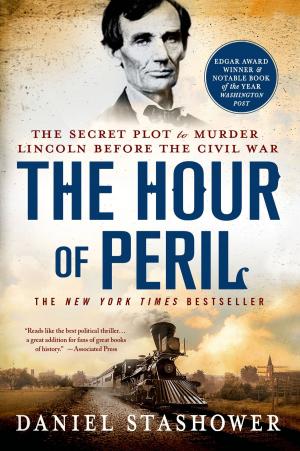The Great Prostate Hoax
How Big Medicine Hijacked the PSA Test and Caused a Public Health Disaster
Nonfiction, Health & Well Being, Medical, Specialties, Urology| Author: | Richard J. Ablin, Ronald Piana | ISBN: | 9781137431318 |
| Publisher: | St. Martin's Press | Publication: | March 4, 2014 |
| Imprint: | St. Martin's Press | Language: | English |
| Author: | Richard J. Ablin, Ronald Piana |
| ISBN: | 9781137431318 |
| Publisher: | St. Martin's Press |
| Publication: | March 4, 2014 |
| Imprint: | St. Martin's Press |
| Language: | English |
Every year, more than a million men undergo painful needle biopsies for prostate cancer, and upward of 100,000 have radical prostatectomies, resulting in incontinence and impotence. But the shocking fact is that most of these men would never have died from this common form of cancer, which frequently grows so slowly that it never even leaves the prostate. How did we get to a point where so many unnecessary tests and surgeries are being done? In The Great Prostate Hoax, Richard J. Ablin exposes how a discovery he made in 1970, the prostate-specific antigen (PSA), was co-opted by the pharmaceutical industry into a multibillion-dollar business. He shows how his discovery of PSA was never meant to be used for screening prostate cancer, and yet nonetheless the test was patented and eventurally approved by the FDA in 1994. Now, doctors and victims are beginning to speak out about the harm of the test, and beginning to search for a true prostate cancer-specific marker.
Every year, more than a million men undergo painful needle biopsies for prostate cancer, and upward of 100,000 have radical prostatectomies, resulting in incontinence and impotence. But the shocking fact is that most of these men would never have died from this common form of cancer, which frequently grows so slowly that it never even leaves the prostate. How did we get to a point where so many unnecessary tests and surgeries are being done? In The Great Prostate Hoax, Richard J. Ablin exposes how a discovery he made in 1970, the prostate-specific antigen (PSA), was co-opted by the pharmaceutical industry into a multibillion-dollar business. He shows how his discovery of PSA was never meant to be used for screening prostate cancer, and yet nonetheless the test was patented and eventurally approved by the FDA in 1994. Now, doctors and victims are beginning to speak out about the harm of the test, and beginning to search for a true prostate cancer-specific marker.
